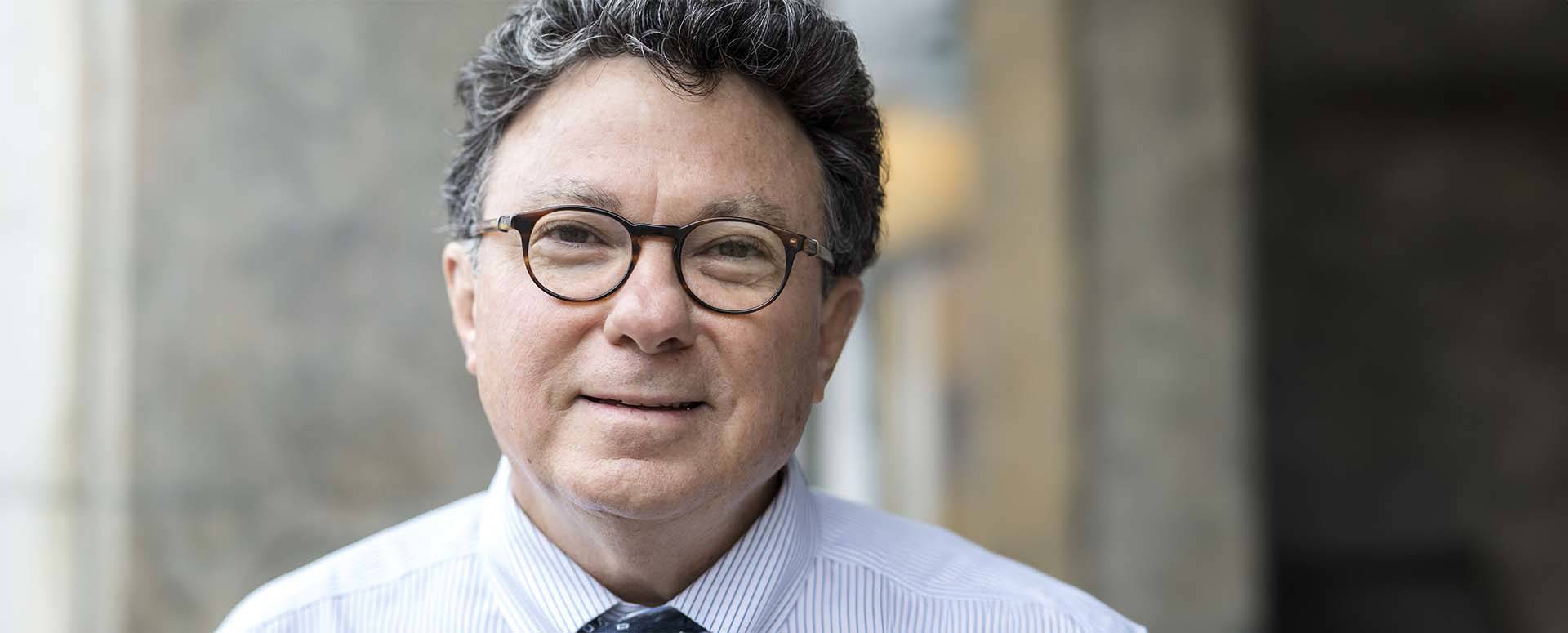
Ross Greene
Psychologist & Author
Ross Greene
Psychologist & Author
Biography
Ross W. Greene, PhD, is the author of the influential, best-selling books The Explosive Child and Lost at School -- and the soon-to-be-released The Kids Who Aren't OK: The Urgent Case for Reimagining Support, Belonging, and Hope in Schools -- and a fierce and articulate advocate for the compassionate understanding and treatment of kids with concerning behavior and their caregivers. Drawing upon vast clinical and consultation experience and research in the neurosciences, his innovative, evidence-based Collaborative & Proactive Solutions (CPS) approach – which posits that concerning behavior is a frustration response and that the kids and caregivers are a whole lot better off if we focus on what's frustrating them -- has been implemented in hundreds of thousands of families, schools, and treatment facilities, with dramatic effect.
Dr. Greene was on the faculty at Harvard Medical School for over 20 years and now serves on the clinical faculty in the Department of Psychology at Virginia Tech and in the Faculty of Science at the University of Technology Sydney in Australia. He is also the founder of the nonprofit organization Lives in the Balance (www.livesinthebalance.org), through which his advocacy, legislative, and public awareness work occurs.
Dr. Greene's research has been funded by, among others, the Stanley Research Institute, the National Institute on Drug Abuse/National Institutes of Mental Health, the US Department of Education, and the Maine Juvenile Justice Advisory Group. A highly sought-after and dynamic speaker, he has presented over a thousand invited public lectures, professional workshops, and scientific addresses internationally. His numerous media appearances include The Oprah Show, Good Morning America, The Morning Show, The Atlantic, and National Public Radio.
Speaker Videos
What Are Kids Telling Us: Lives in the Balance
Explosive Kids
Speech Topics
Collaborative & Proactive Solutions (CPS): Moving From Power & Control to Collaboration, Problem Solving, and Meeting Every Kid Where They're At
Traditional discipline is focused on behavior and modifying it. It's what we've been doing in our families, schools, and treatment facilities for a very long time. And yet more kids than ever are struggling. It's time for a reset, beginning with focusing on the problems that are causing those behaviors and solving them. Dr. Greene's evidence-based CPS model has helped hundreds of thousands of parents, educators, mental health clinicians, and staff in treatment facilities be proactive instead of reactive and collaborative instead of unilateral, and that has made all the difference.
The Kids Who Aren't Okay: Why So Many Kids Are Struggling & How to Better Help Them
Higher-than-ever rates of depression, anxiety, concerning behavior, suicidality, and chronic school absenteeism tell us that more kids than ever aren't doing very well. And though social media has drawn lots of attention as the reason why, there are actually many contributing factors -- including school shootings, zero tolerance policies, and high-stakes testing -- that have made it way harder to be a kid these days. A big part of the answer is to be attuned to the developmental variability inherent in every kid, meet every kid where they're at, and stop intervening in ways that are punitive, harsh, and counterproductive.
Transforming School Discipline: Moving from Detentions, Suspensions, and Expulsions, Restraints, Seclusions, and Corporal Punishment to Solving Problems Collaboratively
Many educators know that the millions of detentions and suspensions doled out in schools every year -- along with hundreds of thousands of expulsions, restraints, seclusions, and uses of corporal punishment -- aren't helping anyone. But they're not sure what to do instead. And a lot of contemporary school initiatives haven't helped them move away from those practices. So we're still losing a lot of kids. Dr. Greene's Collaborative & Proactive Solutions (CPS) model has dramatically reduced or eliminated these practices in schools and school systems around the globe, without compromising safety or academics.

)
)
)
)